Description
Product Description
Vata in its element governs the smooth functioning of the locomotory system in the human body and nerve condition. Maharasnadi Kashayam is a popular yoga from Sahasrayoga mentioned in the context of Vatavyadhis – disease or morbidity arising from the derangement of Vata like arthritis, inflammatory auto-immune disorders, bone degeneration and loss of function. Decreased sperm motility in males, characterised by sluggishness of ‘Vata’ dosha in the reproductive tract, is also managed by Maharasnadi Kashayam.
‘Kashaya’ or herbal decoctions harness the healing properties of herbs and roots in a mild and easily absorbable water base. The tablet modification allows easy transportation and administration, without compromising on its therapeutic benefits.
Dosage & Directions for Use
15-20 ml of Maharasnadi Kashayam mixed with 45-60 ml of boiled and cooled water, twice daily on empty stomach.
Child: 10-15 ml of Maharasnadi Kashayam mixed with 30-45 ml of boiled and cooled water, twice daily on empty stomach.
Suitable for individuals of all ages.
Key Ingredients:
RASNA (Pluchea lanceolata)
Rasna is beneficial in managing arthritis as it reduces inflammation and joint pain due to its anti-inflammatory and analgesic properties. It is also good for kidneys as it reduces oxidative stress due to its antioxidant properties. As per Ayurveda, drinking Rasna Kadha (decoction) is useful in arthritis and kidney problems.
BALA (Sida cordifolia)
One of the main ingredients in many of the ayurvedic formulation and mainly used in Vataja disorder. Also useful in pregnancy to make milk decoction for easy delivery. The pounded leaves are used to relieve swelling, the fruits are used to relieve headache, the mucilage is used as an emollient, and the root is used to treat rheumatism.
ERANDA (Ricinus communis)
All the parts of this herb have medicinal value. Castor seeds and seed oil is used from ancient times to cure disorders like rheumatism, worm infestation, and abdominal disorders. External application of this oil is used to relieve boils, furuncles, and various skin related disorders.
DEVADARU (Cedrus deodara)
Devadaru is useful in skin disorders, helminthiasis, and ulcers and is a wound cleanser. It also helps in removing flatulence and aids in removing toxins from the gut. It is an effective painkiller due to its analgesic properties.
VACHA (Acorus calamus)
Vacha is an ancient herb having various health benefits. The name “Vacha” in Sanskrit means speaking clearly because this herb stimulates intelligence and expression. In Ayurveda, Vacha is known as a rejuvenating herb because of its effect on the nervous system. It is bitter in taste and is used in the dried form.
According to Ayurveda, taking Vacha along with honey daily helps manage speech disorders due to its Vata balancing and Medhya properties.
VASA (Adathoda vasica)
Vasa powder along with honey is considered to be beneficial in cases of respiratory infections such as whooping cough, bronchitis, asthma as it helps promote the secretion of sputum from the air passages due to its expectorant property. Vasa might also help manage the symptoms of arthritis due to its antioxidant and anti-inflammatory properties. It reduces joint pain and swelling associated with arthritis and gout. It also reduces cramps due to its antispasmodic property.
NAGARA (Zingiber officinale)
It is a very effective drug to reduce flatulence and bloating of the abdomen. It is very much effective in both fresh and dried forms. Dry ginger powder helps in the digestion and elimination of toxins. It acts as an anti-diarrhoeal and anti-dysenteric. It improves bone health, relieving pain and inflammation in joints.
PATHYA (Embilica Officinalis)
Commonly known as Indian gooseberry, it is one among the Triphala. Rich with Vitamin C Amalaki is known for its anti-aging property and as an immunity booster. It is commonly used for maintaining cholesterol levels, heartburn, and diabetic conditions. Easily available in the kitchen as a side dish.
CHAVYA (Piper chaba)
It is useful in treating indigestion, abdominal colic, worm infestation, poisoning, anorexia, productive cough, asthma, bronchitis, fever, diarrhea, IBS, hemorrhoids, piles, fistula, chronic respiratory disorders, throat disorders, and rheumatic conditions.
MUSTHA (Cyperus rotundus)
Commonly known as common nutsedge, it is effective in gastritis, irritable bowel syndrome. Due to its breast purification property, it is used during postpartum care to avoid indigestion to the child. Musta oil is an effective home remedy for managing stomach disorders due to its antispasmodic and carminative properties.
GOKSHURA (Tribulus terrestris)
It is a natural aphrodisiac (arouses sexual desire) and has diuretic property thus it is used in urinary disorders. It is used to tone muscles before childbirth, to cause an abortion, and to stimulate milk flow. Effective in treating chest pain, eczema, enlarged prostate, sexual disorders, and infertility.
PUNARNAVA (Boerhaavia diffusa)
The word ‘Punarnava’ means that which rejuvenates. It is mainly used in painful as well as oedematous conditions. The properties include immunomodulation, hepatoprotection, antifibrinolysis, anticancer activity, antidiabetic activity, anti-inflammation, and diuresis. This is useful in treating cancer, jaundice, dyspepsia, inflammation, ophthalmic, enlargement of spleen, abdominal pain and an anti-stress agent.
ASHWAGANDHA (Withania somnifera)
Aswagandha helps in the management of stress, anxiety, and diabetes due to its Rasayana (rejuvenating) and Vata balancing properties. Ashwagandha root powder, when taken with milk, helps in managing male infertility as well as erectile dysfunction. This is due to its aphrodisiac property. One important precaution with Aswagandha is that it should be avoided during pregnancy as it might increase uterine contractions.
PIPPALI (Pipper longum)
Pippali is an effective home remedy in managing cough and cold. Swallowing Pippali powder along with honey after lunch and dinner help releases mucus from the air passages due to its expectorant property, thus allowing the patient to breathe easily. Its consumption might also help promote weight loss by improving the body’s metabolism. Consuming Pippali powder might be useful in managing constipation by promoting bowel movements due to its laxative property.
SAHACHARA (Barleria prionitis)
It has a good effect on back pains. It is effective in vertebral disc problems. It has good results in muscle stiffness. It is also a very effective drug to balances Vata disorders. The paste of the leaves is applied over the scalp to strengthen hairs and well to relieve swelling in other body parts.
BRIHATHI (Solanum indicum)
Brihati is used in the treatment of asthma, catarrh, dry and spasmodic cough, dropsy, heart diseases, chronic fever, colic, scorpion stings, and worm infestation. The root decoction is administered in respiratory disorders like asthma, cough, etc.
Specialty:
100% Natural. Purely herbal. Vegetarian.


 Sign In
Sign In Cart
Cart 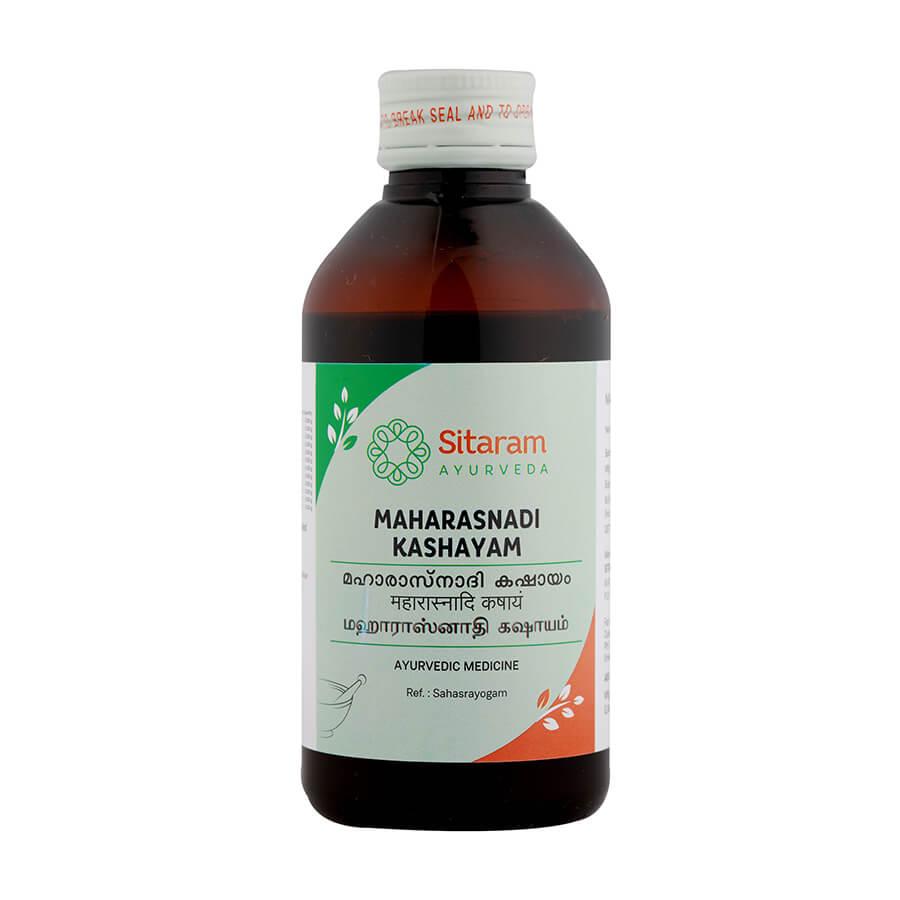
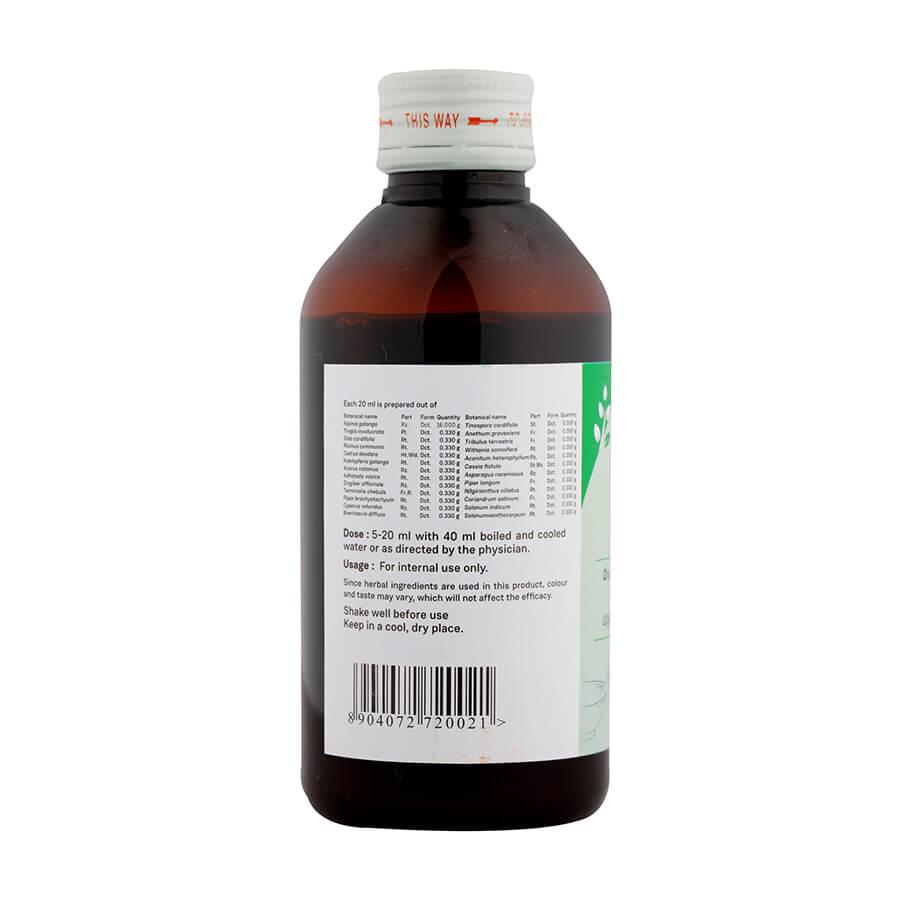
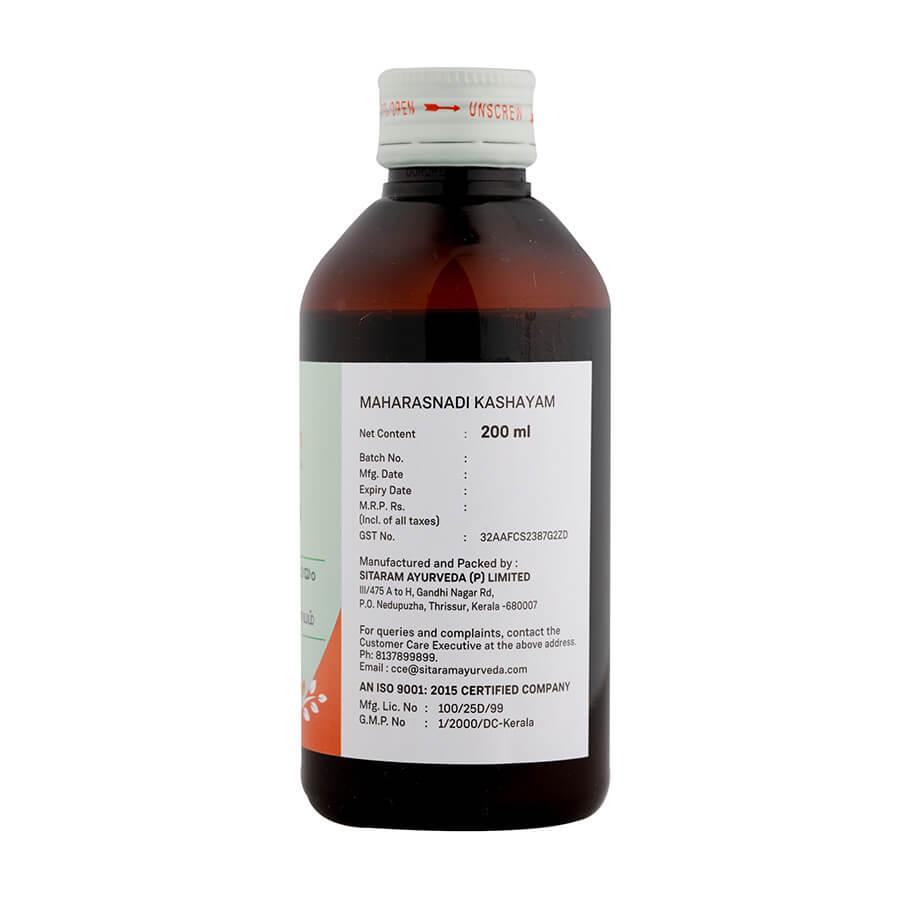
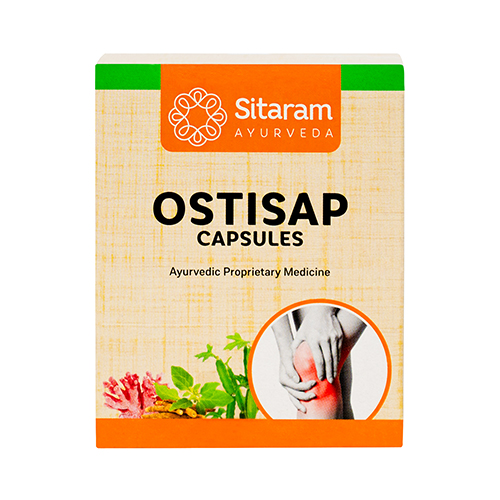
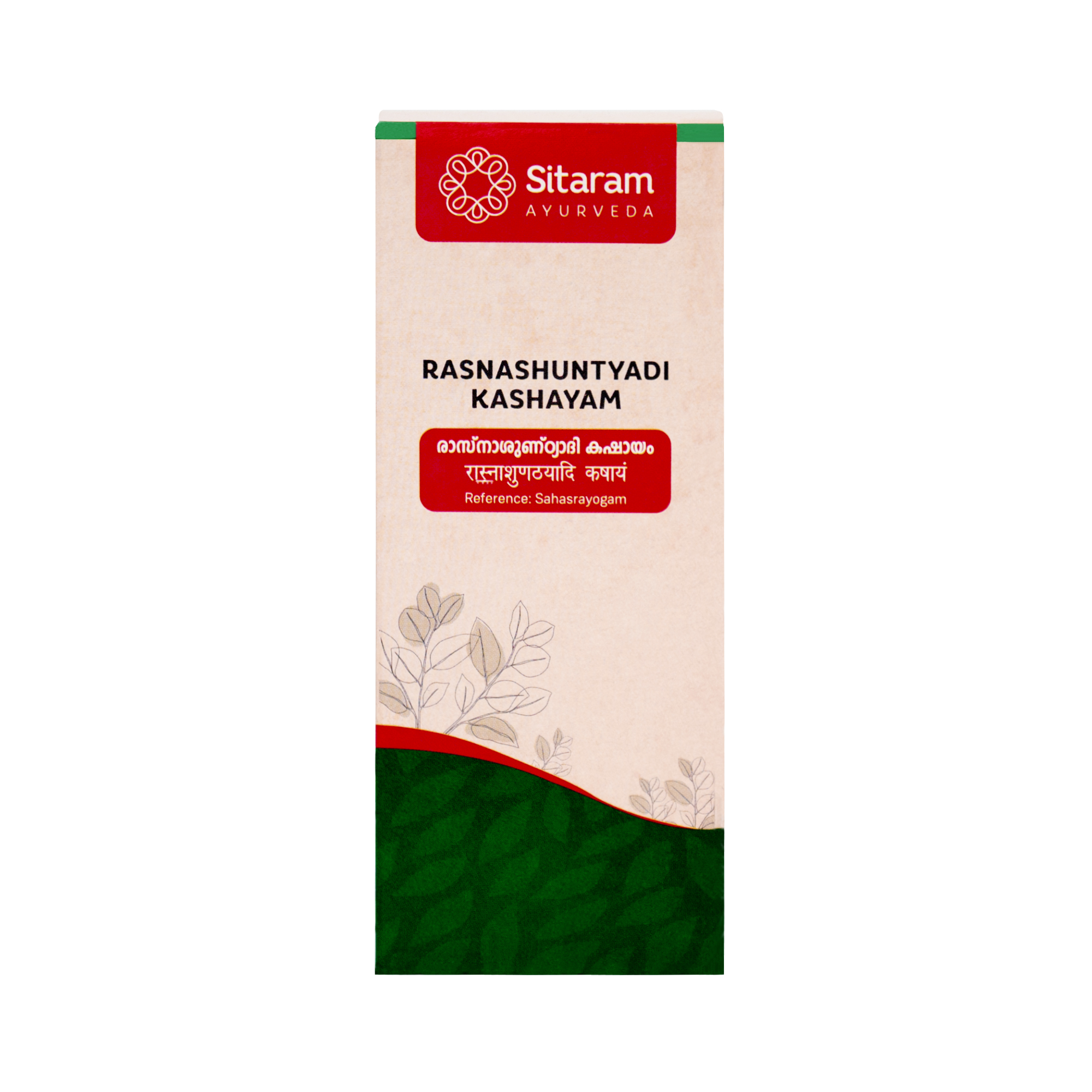
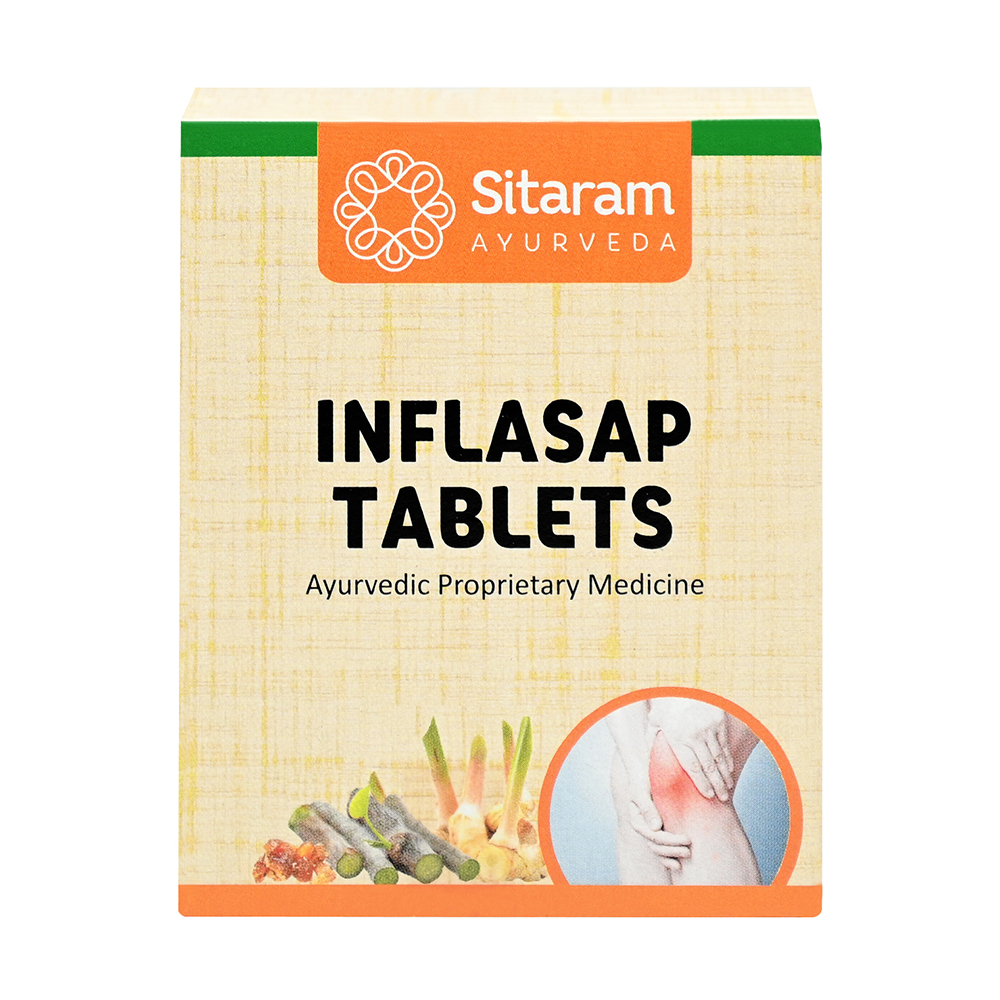
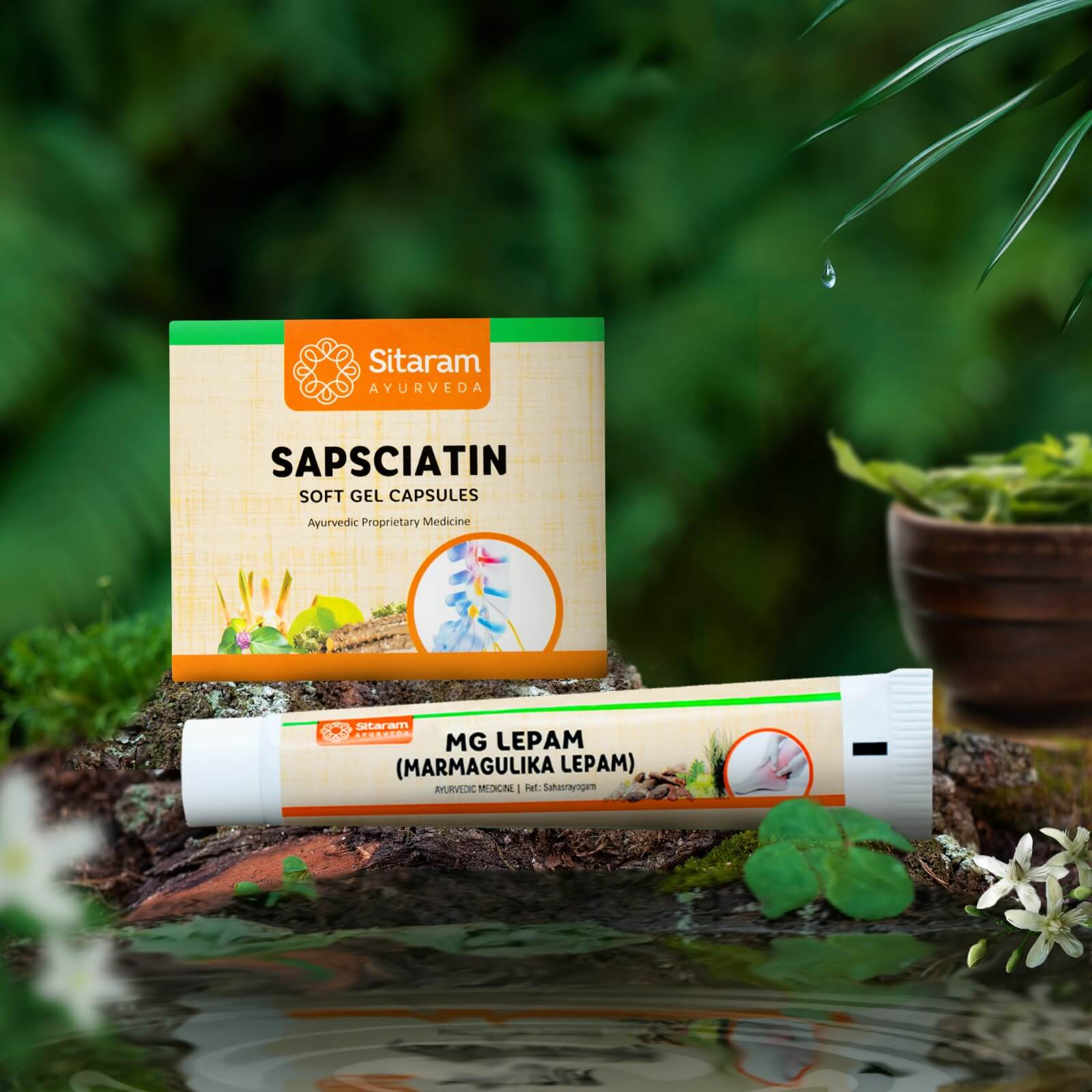
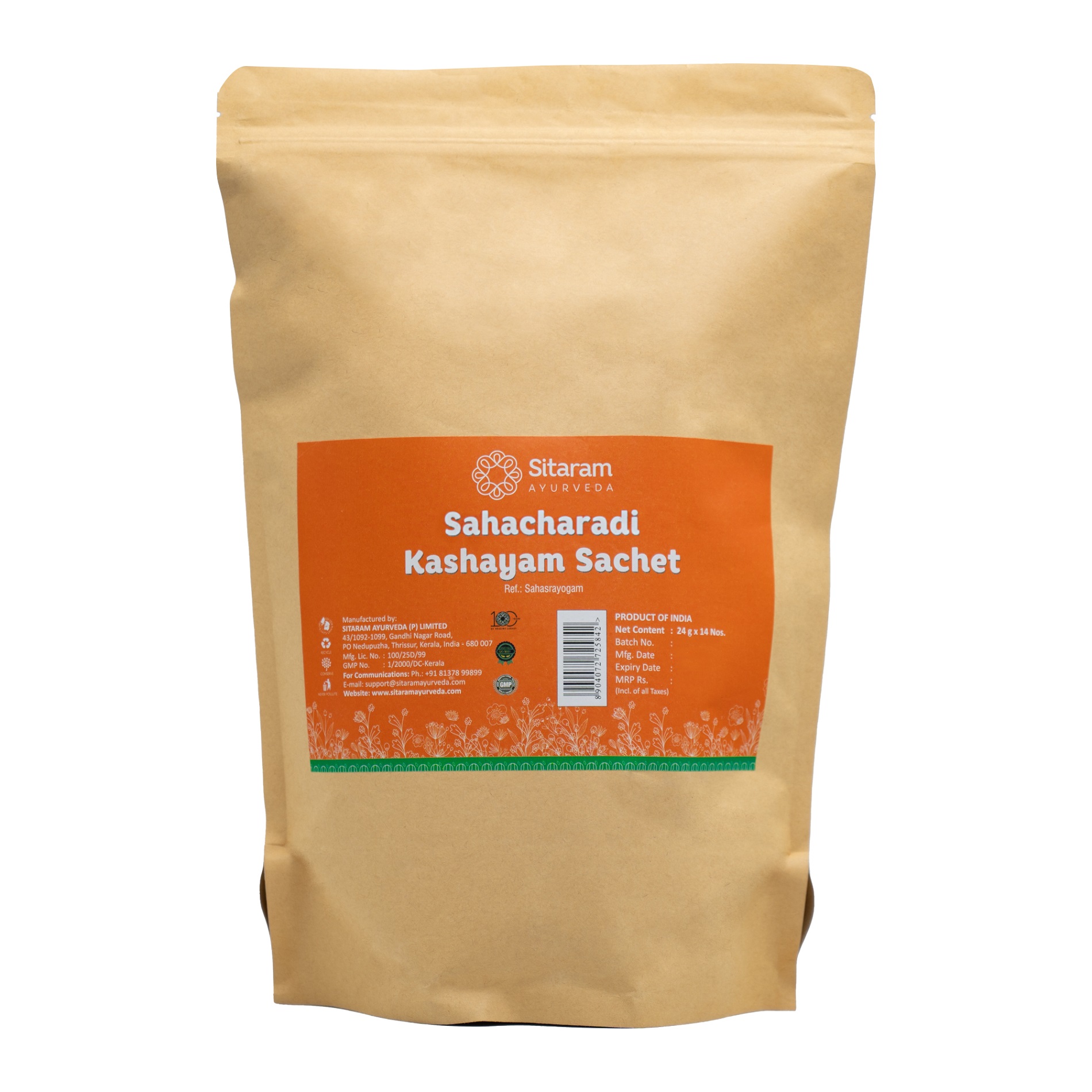
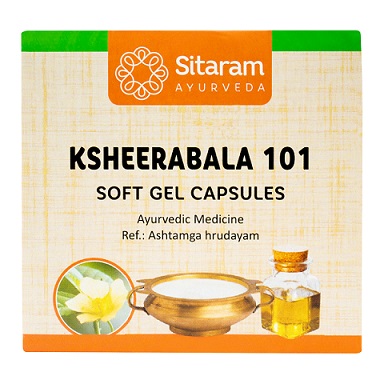
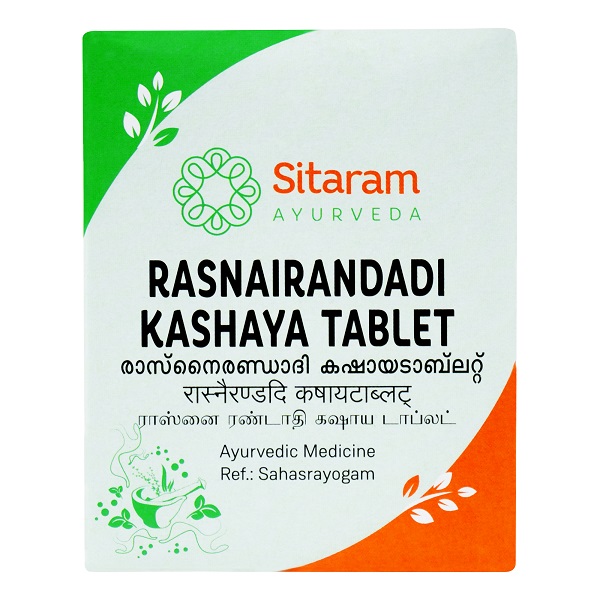
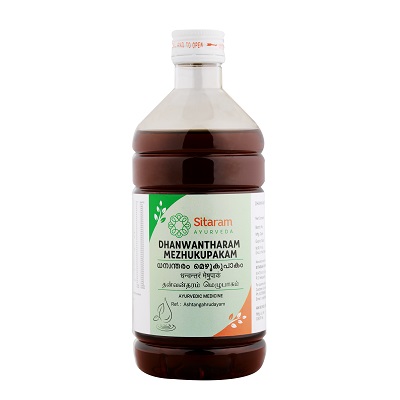
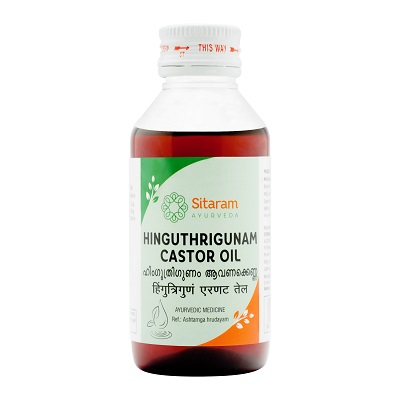
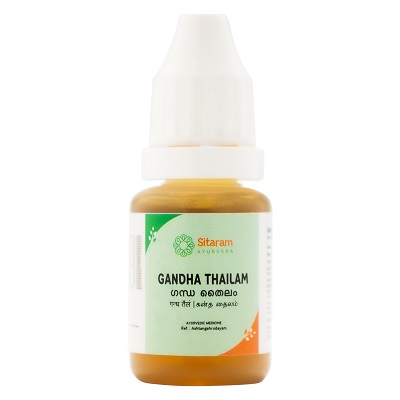
V Srinivasulu (verified owner) –
Anargha (verified owner) –